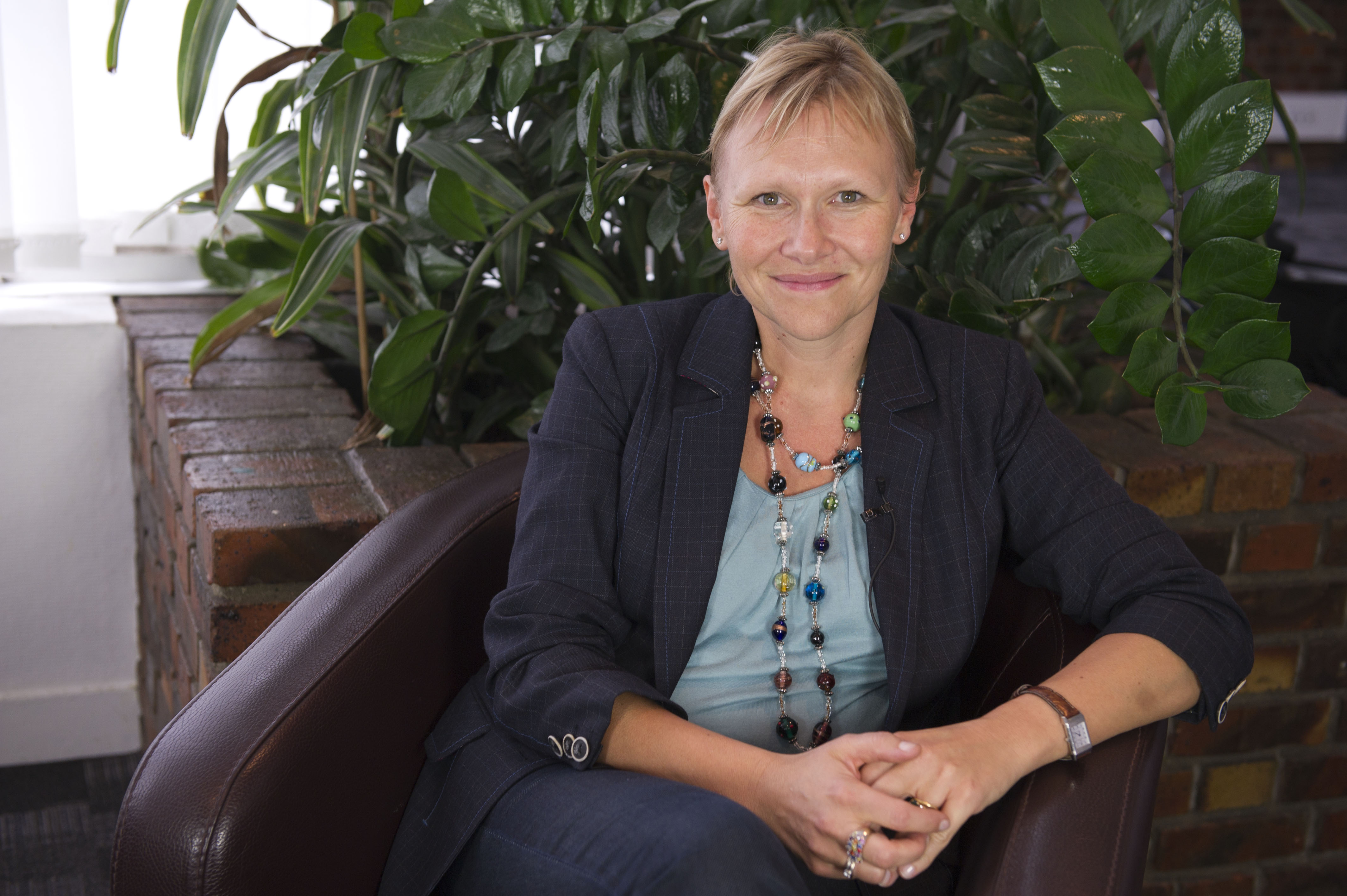Capitalizing On Innovation To Respond To Social And Environmental Challenges
Laurence Lehmann-Ortega has been a professor of Strategy and Business Policy at HEC Paris (Grande Ecole, MBA and Executive Education) for 11 years. She is an expert in strategic innovation and focuses on how companies can reinvent their business models to respond to the challenges we currently face. Her insights are particularly relevant within the context of the current health crisis, which has prompted companies to adopt strategic innovation policies.

Companies and the fight against global warming
Companies are an important part of the fight against global warming, and they have a pivotal role to play. In the world's top 100 economic powers, 70 are companies while just 30 are governments.
By changing their production methods or even their core business, they can have an impact throughout the world. Their ability to adapt and change is often greater than that of our national governments.
How, then, can we convince them that is in their interest to pursue wide-ranging sustainable development policies (ecological, social, and economic)? And how can they adopt an effective CSR strategy?
The challenge - adopting a business model that is adapted to the challenges of the future
Companies can adopt this sort of strategy for three main reasons:
- Ethical principles: some business leaders are personally convinced in the need for change and drive their company toward this shift in paradigm.
- Business considerations: responsible consumerism is now very close to the hearts of a growing number of consumers, which means they opt for products and services that have the least possible negative social and environmental impact. If companies do not respond to this increasing demand, they run the risk of losing market share to their competitors.
- Survival considerations in the medium or long-term - some companies are in danger, especially those who rely on limited resources or raw materials. This is also the case for companies that have not sufficiently anticipated climate change and are now among those most affected by it. Examples include real estate groups who possess waterfront properties that will no longer be usable if water levels continue to rise, or insurance companies.
Shareholders are also starting to ask companies to commit themselves to these pressing issues. Like all citizens, they have realized that it is a matter of survival, both now and in the long term.
Even for companies whose business is not directly impacted by climate change, the interest of customers in eco-friendly consumerism has changed the rules of the game.
These challenges are now accompanied by a "talent war". How do you motivate employees to stay in a company that has negative social and environmental impact? How can companies continue to attract top talent during this critical period? Employees are increasingly demanding when it comes to these questions, and the least responsible companies are likely to pay a high price. It is hard to innovate by recruiting from a pool of the least engaged and/or qualified candidates.
" The talent war is raging! It's a major concern for business leaders around the world. If companies want to attract the top talent of tomorrow, they will no longer have a choice - they will have to be truly responsible."

The accelerator effect of the health crisis
The current crisis has accelerated consumer practices and trends that had been latent up until now. For employees, this has meant the massive shift to working from home. It may have its drawbacks, but it seems abundantly clear that we will never return to working in the office five days a week.
For consumers, this has sparked an awareness of the impact of the food chain and of consumerism in general. There is increasing enthusiasm for electric vehicles, and consumers are now actively supporting short supply chains.
This new awareness of the limits of our supply chain system and our globalized economy, can be linked directly to the pandemic. But the stakes of climate change are even higher, and its effects will be felt over a much longer period of time.
Cooperation - the key to successful transformation
Companies now understand that they need rethink how they act. If they want to get on the innovation bandwagon, they have to integrate the circular economy and short supply chain solutions into their DNA. More virtuous processes are vital, ideally with a positive impact on both society and the planet. Without of course forgetting greater resilience and economic autonomy.
Exploratory innovation must therefore be adopted as quickly as possible. That means looking for the business models of tomorrow, which may not be very profitable today, but once adopted can be lucrative over time. Examples include sharing goods, deposits for food packaging, recycling clothing, second-hand goods and so on. A three-step process is necessary to adopt these changes:
- ideation to find an idea
- experimentation to test it
- scaling up
Start-ups are often better in terms of ideation and experimentation, whereas major corporations are more adept at scaling up. Companies can no longer evolve by themselves. They need to create partnerships, including alliances with their competitors, in order to develop innovative ecosystems. The principle of competition must give way to coopetition a combination of cooperation and competition.
Experimentation has been developed to such an extent that we no longer talk about failure, but about pivoting, when a company decides to change its business model. The main objective today is no longer only the quest for profitability, but the scaling up of a virtuous idea or concept. It is a matter of survival, not only for companies, but for our social and business models.
How to become a "company of the future"?
If companies want to become more innovative and responsible, they must have the following characteristics:
- Environmental commitment – respect for the notion of an ecosystem and limiting their carbon footprint,
- Social responsibility – satisfactory working conditions, choosing ethical suppliers etc.
- Innovation to invent the business models of tomorrow,
- Inspiration to attract innovative employees and shareholders.